The first pictures of Machu Picchu were taken on July 24th, 1911, by Hiram Bingham, an American explorer searching for the Incas’ last capital.
Bingham and his team spent the night before in Mandor, located 30 minutes from Aguas Calientes; they stayed at Melchor Arteaga’s house, a farmer from the area. He told the explorers that there were ruins at the top of the Mountain; Bingham asked Arteaga to take him the next day in the morning.
After climbing the steep mountain, the explorers arrived at Machu Picchu and found 2 families living at Machu Picchu’s entrance; they were the Recharte and Alvares families, farmers who used to cultivate the terraces inside the citadel.
Best Machu Picchu Pictures that will make you want to fly to Peru
Binham requested someone to show him the citadel; he traveled with Sargent Carrasco as an interpreter of the Quechua Language; the Recharte family called his son, Pablo Recharte, an 11-year-old boy who used to play inside Machu Picchu. As it was called, Pablito took Hiram Bingham to the center, where the first pictures of Machu Picchu were taken to become now one of the New Seven Wonders of the World.
The Classic View of Machu Picchu
Sunrise at Machu Picchu
Views of Machu Picchu
Machu Picchu views:
View Machu Picchu from the other end; behind you, you can see Machu Picchu Mountain or Montaña.
The Granaries of Machu Picchu
The first building will be found in Machu Picchu when you enter the main gate. This is where they store the food; the building has big windows to keep crops such as maize fresh and ventilated. Hiram Bingham found the 2 families in Machu Picchu in these buildings.
The Guardhouse
It controls all the entrances to Machu Picchu at the upper part of Machu Picchu. This building has 3 windows pointing to the most important mountains around; this shows that this place is an important religious temple.
The Temple of the Sun:
It perfectly aligned with the winter solstice.
The impressive agricultural sector
Machu Picchu architecture
The train to Machu Picchu
Traveling from the Andes into the cloud forest, the train tracks follow the Urubamba River, a tributary of the Amazon
The Doorways
This type of doorway is found at the entrance of important places; in this case, it is the entrance to the sun’s temple.
Walls and constructions of the Urban Sector
Perfectly carved that you can not even insert a needle in between.
The Condor Temple
Condors are the biggest birds globally; they fly up to 5000 meters high. For this reason, the Incas believed they were the messenger between this world and the upper world (heaven or the sacred world of the gods).
Vizcachas in Machu Picchu:
They are not Chinchillas but belong to the Chinchillidae family. Vizcachas (Lagidium viscacha) can be found in Machu Picchu in the morning, especially when the sun is rising.
Side views of Machu Picchu
View the left side of Machu Picchu with the Urubamba River far below.
Machu Picchu Mountain
Also called Montaña is the highest mountain; below, you can see Machu Picchu citadel and Huayna Picchu Mountain.
The stairs:
The trail down from Montaña takes around 3 hours to complete this mountain.
Llamas in Machu Picchu
The oldest residents of the great Inca citadel.
Views of Machu Picchu from the Sungate
This is the first view that Inca Trail hikers have on the morning of the 4th and last day of the Inca Trail.
Huayna Picchu Mountain
Buildings on top of Huayna Picchu mountain, below the Urubamba River. Huyana Picchu Mountain:
View of the Huayna Picchu Mountain.
Best Views of Machu Picchu: View of Machu Picchu from the Huayna Picchu mountain.
Views of Machu Picchu from Huayna Picchu
Putucusi Mountain
The Temple of the Moon

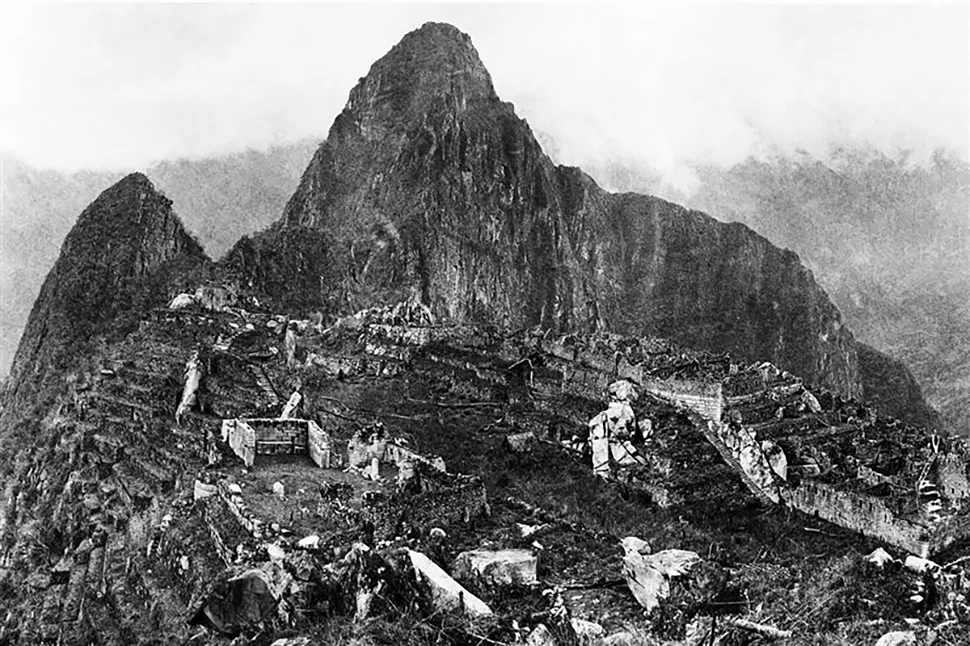
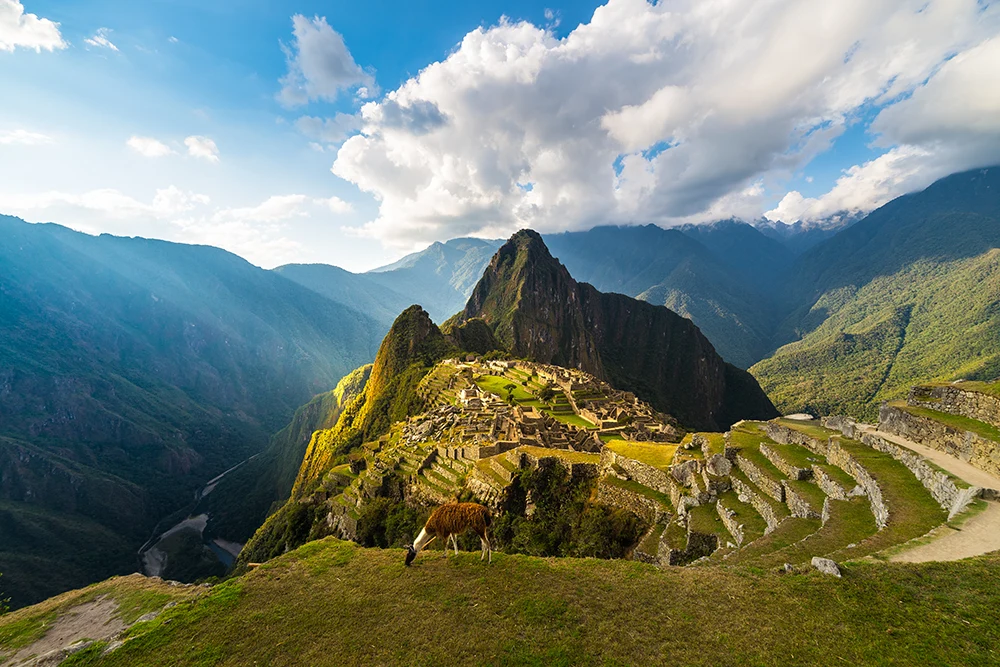
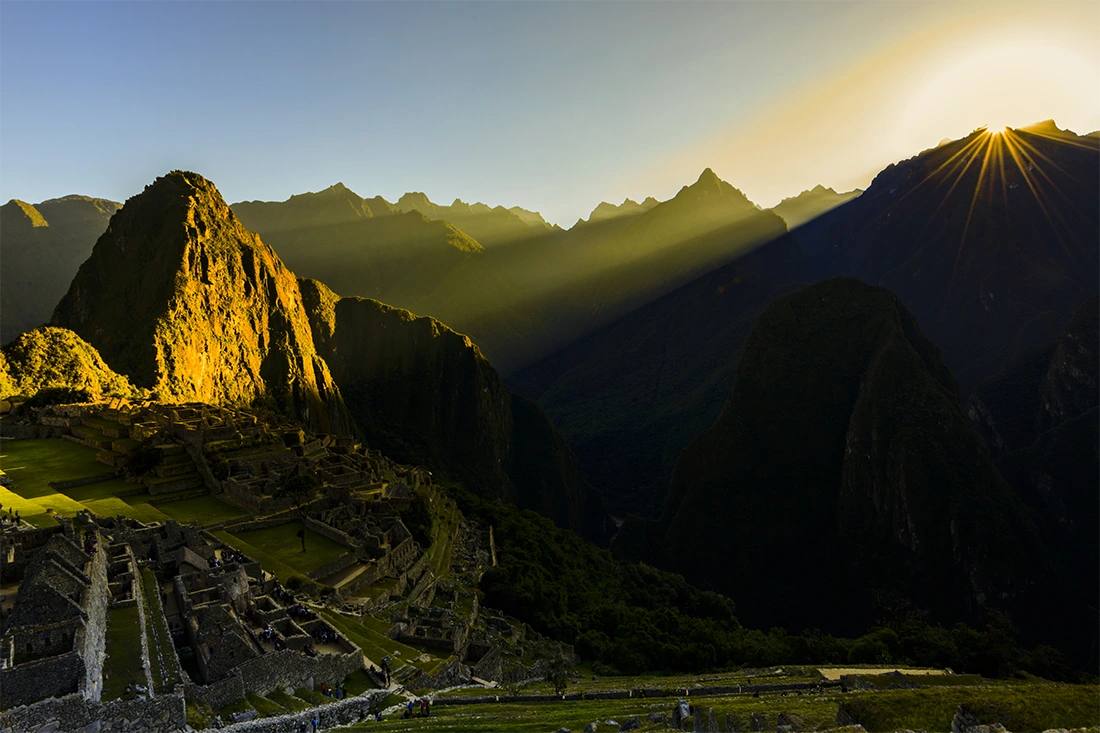
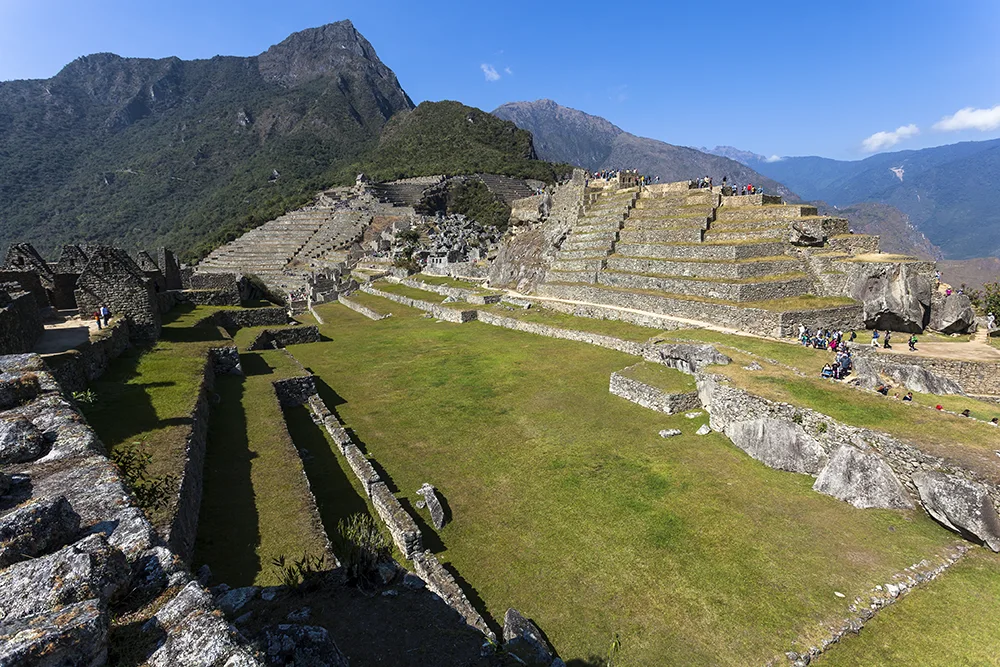
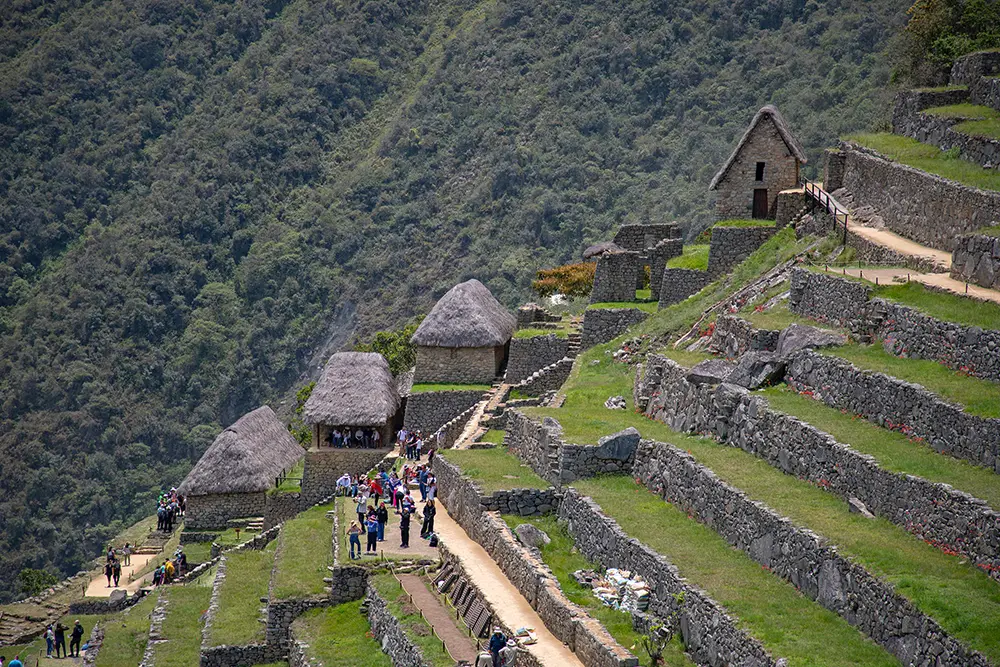
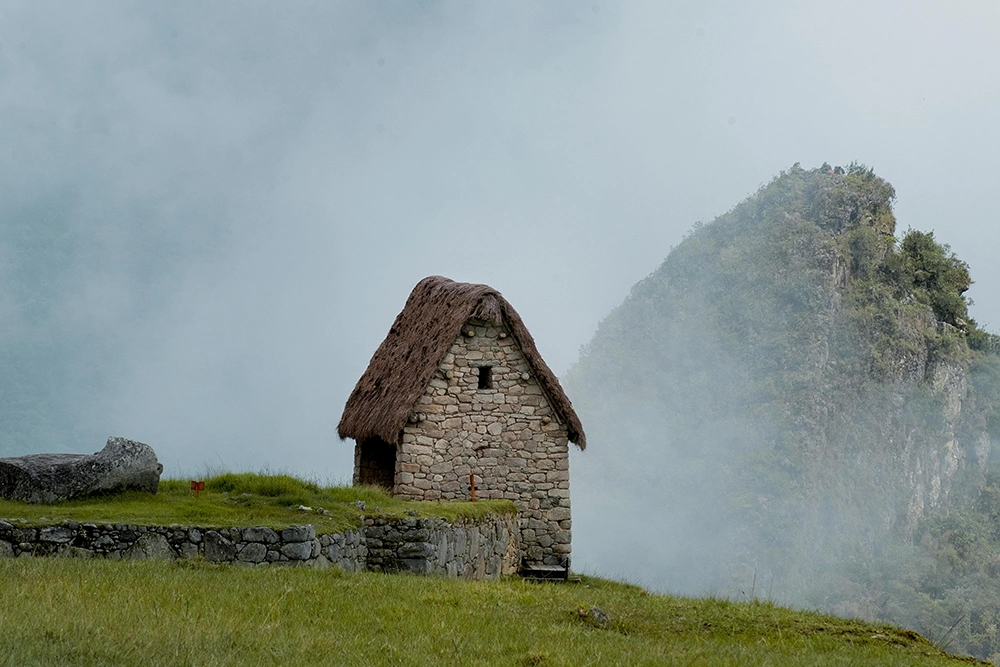
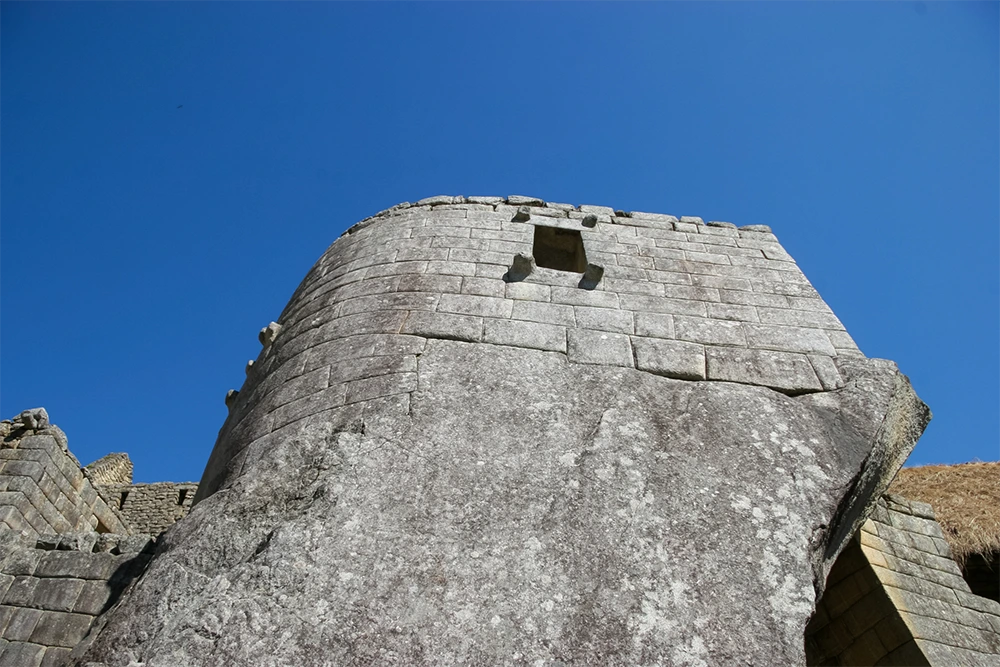
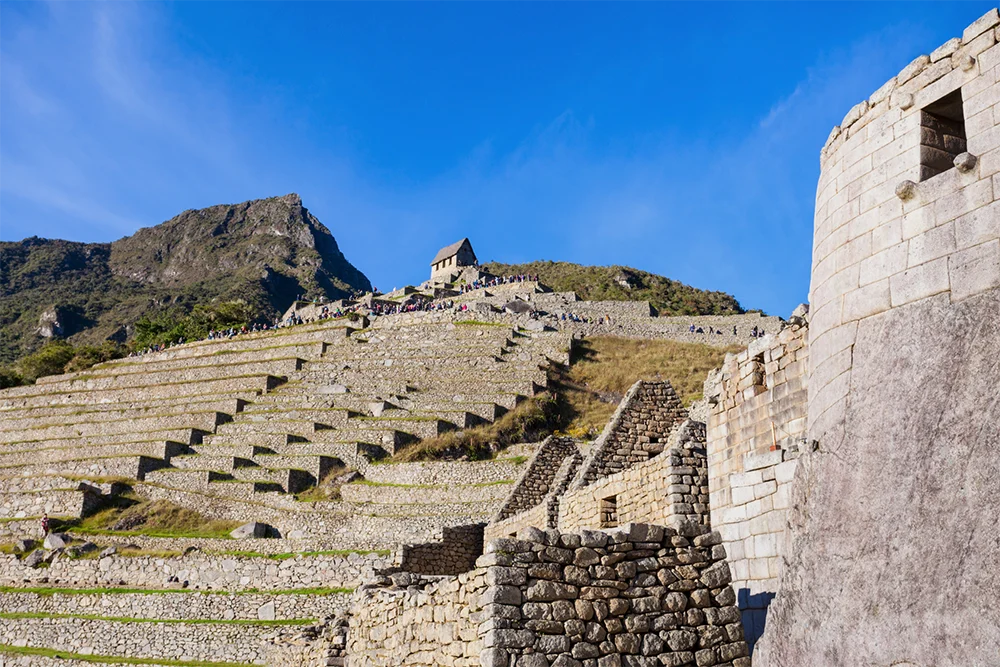
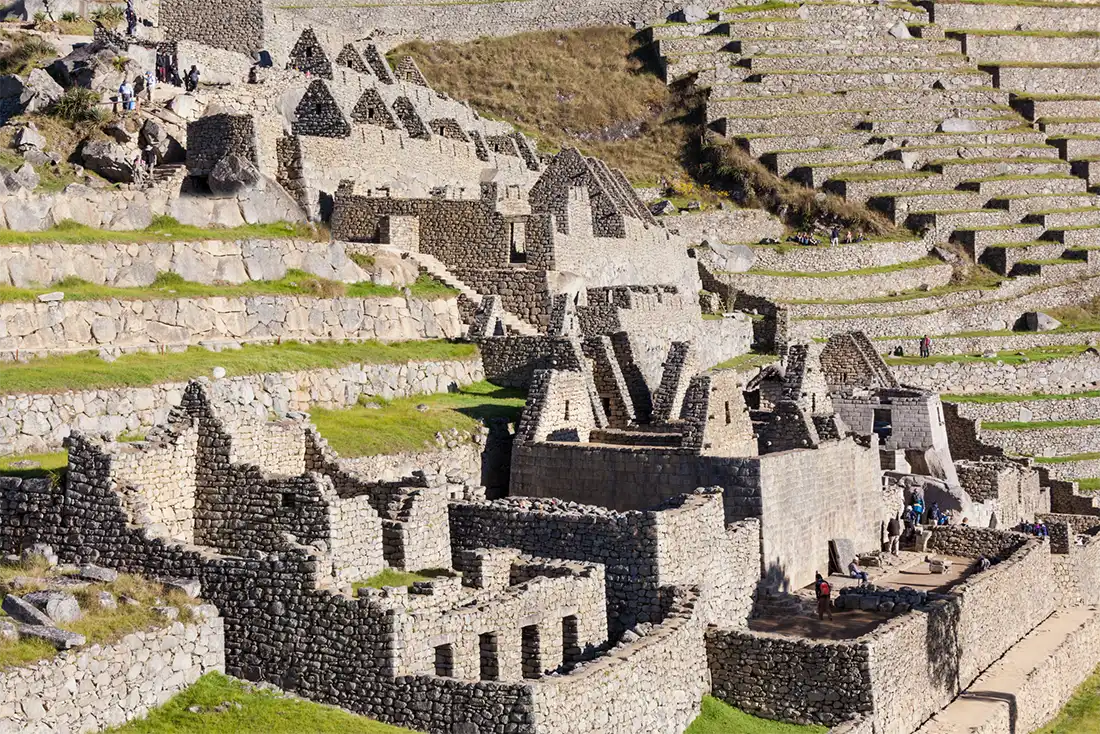
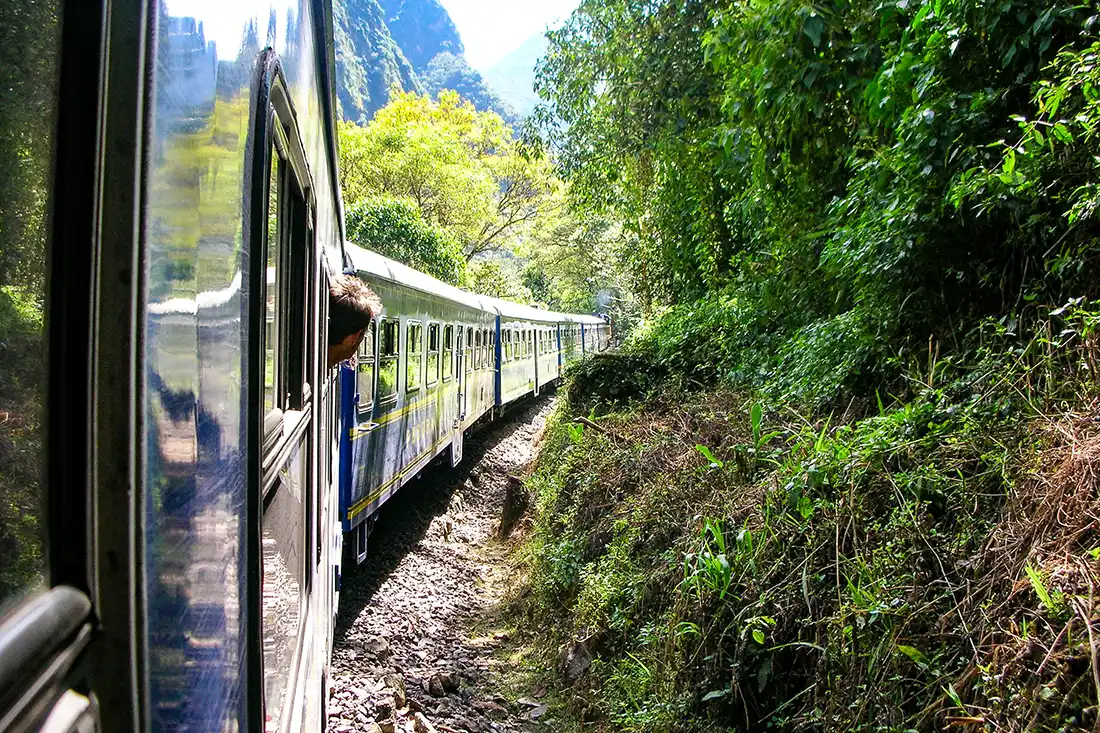
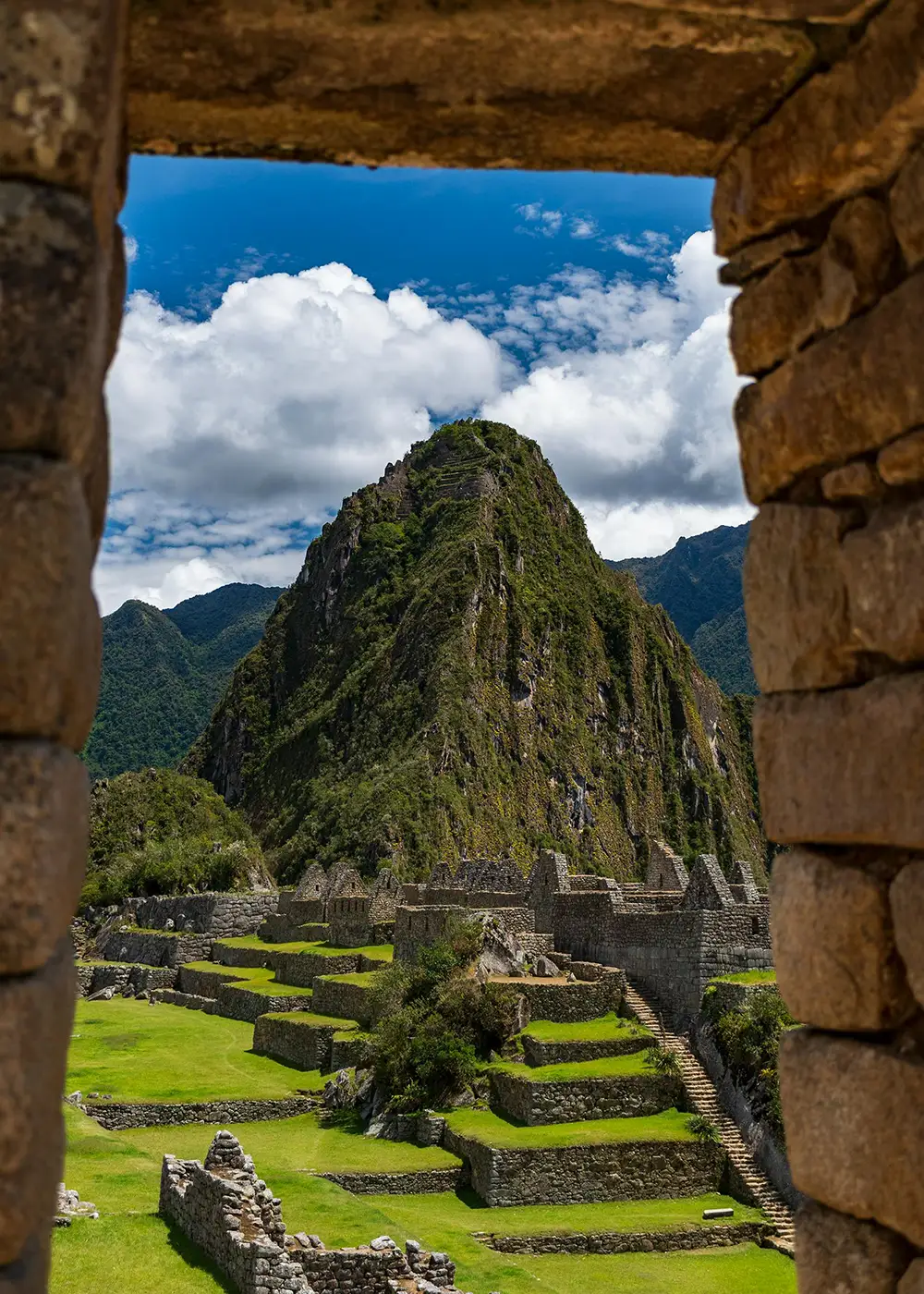
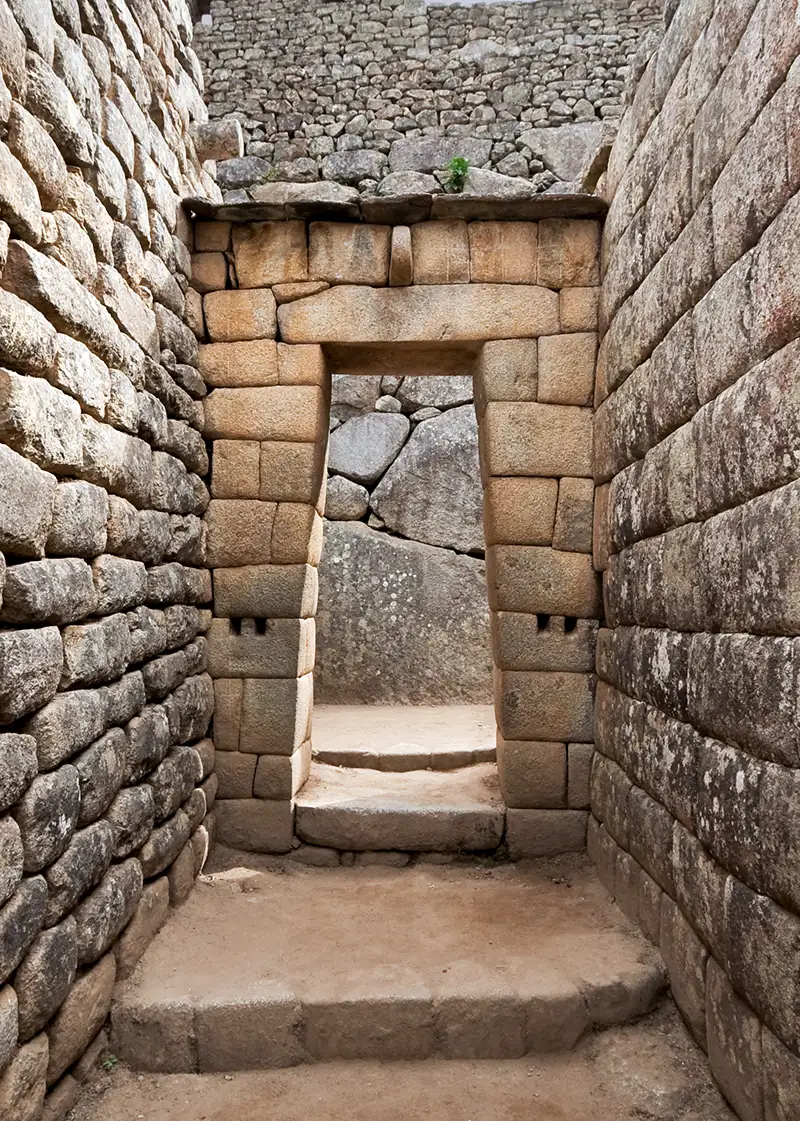
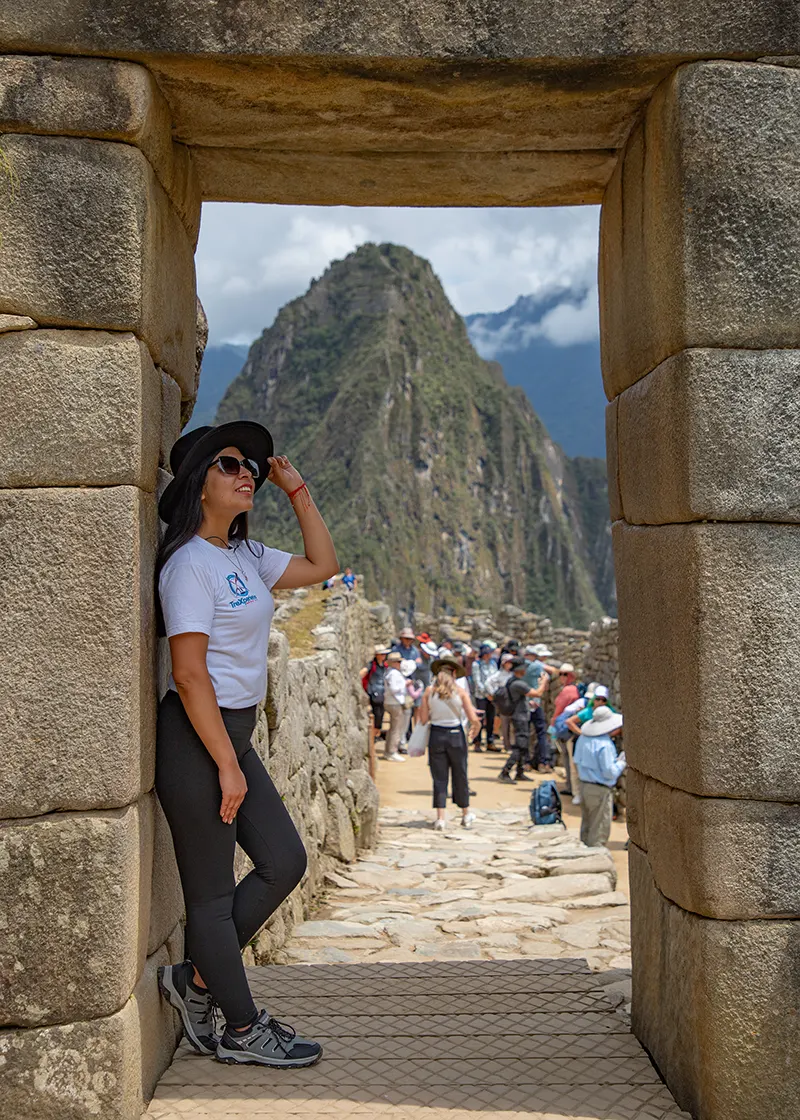
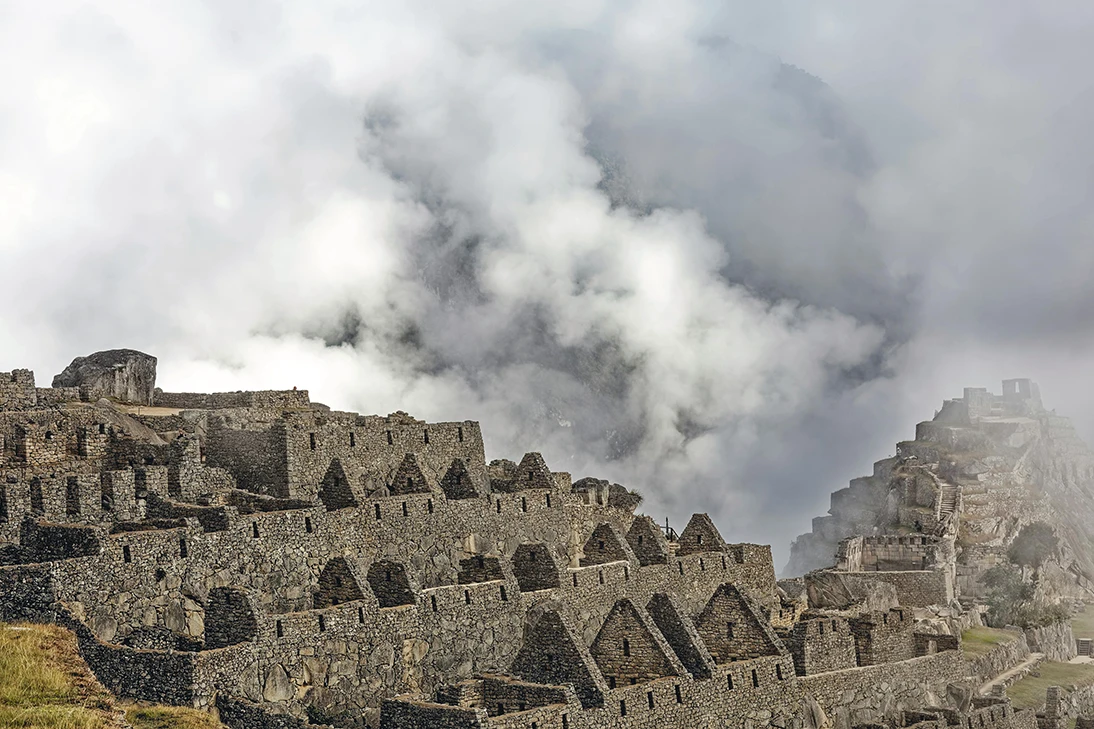
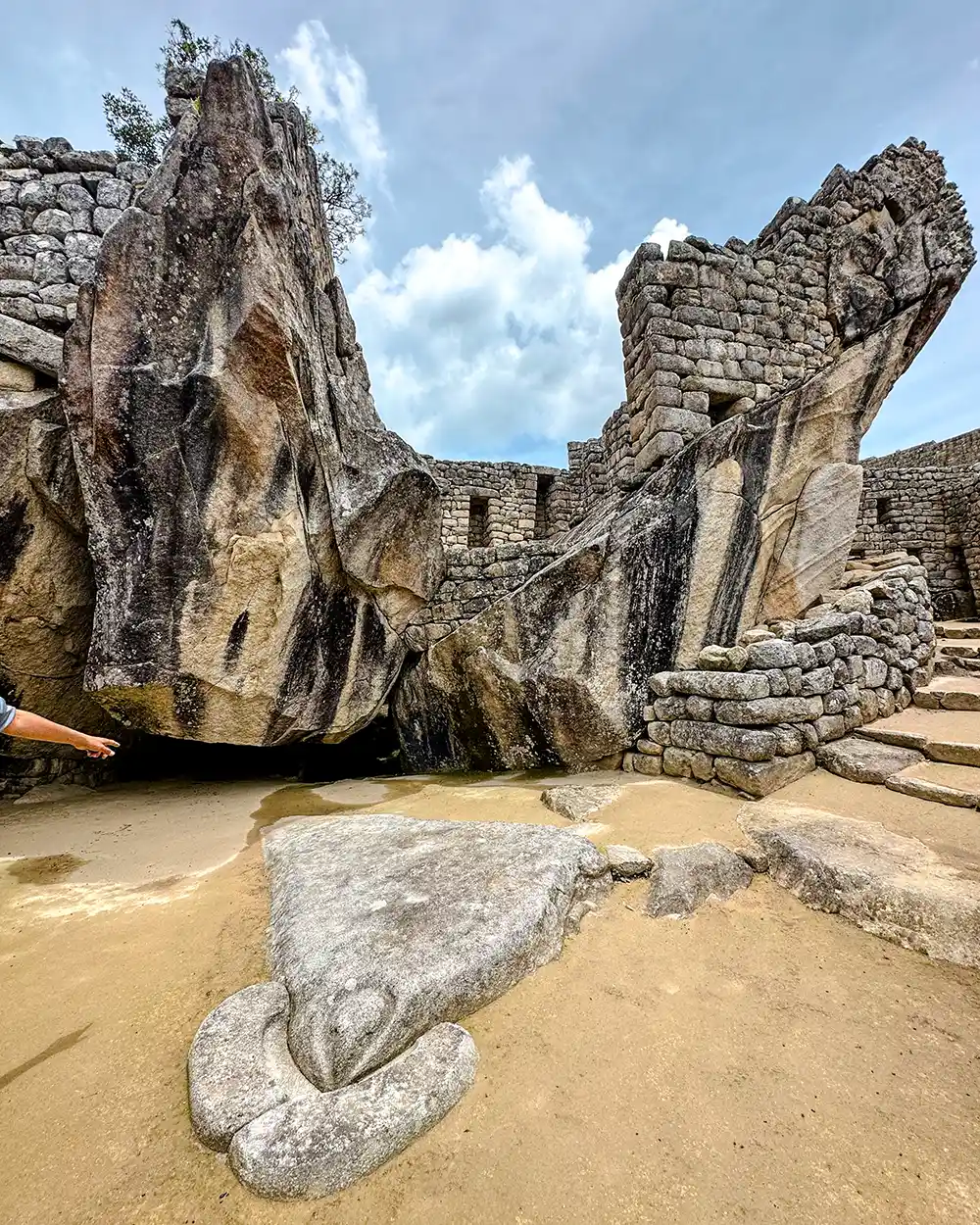
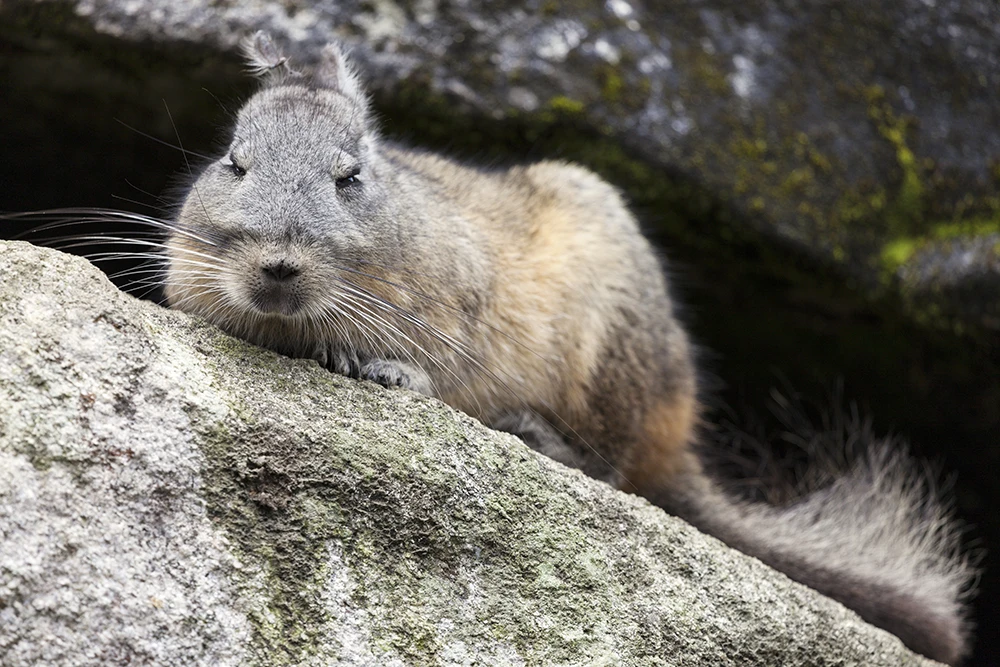
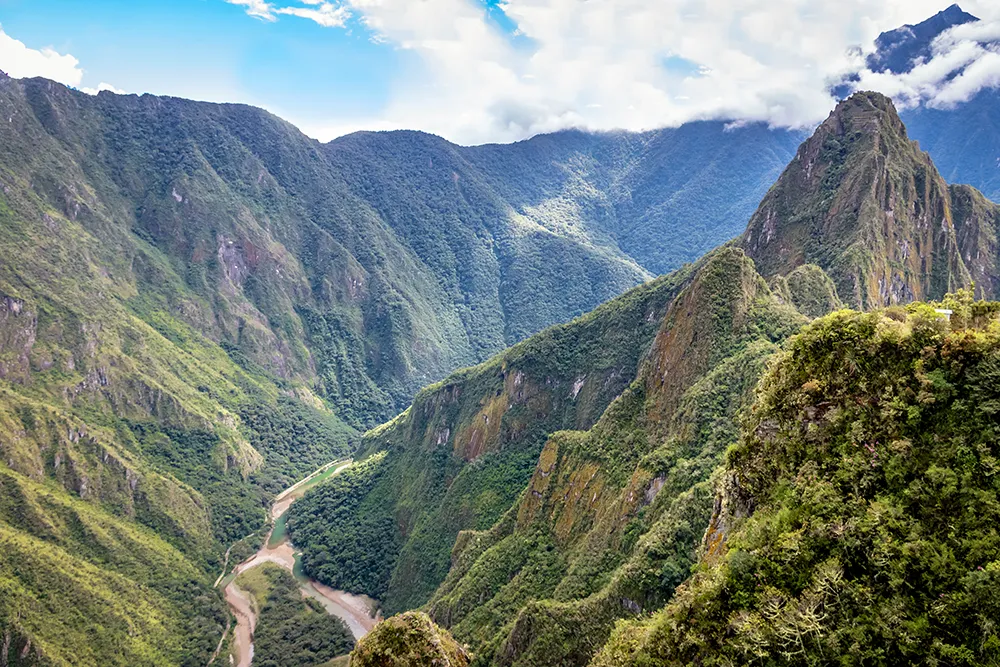
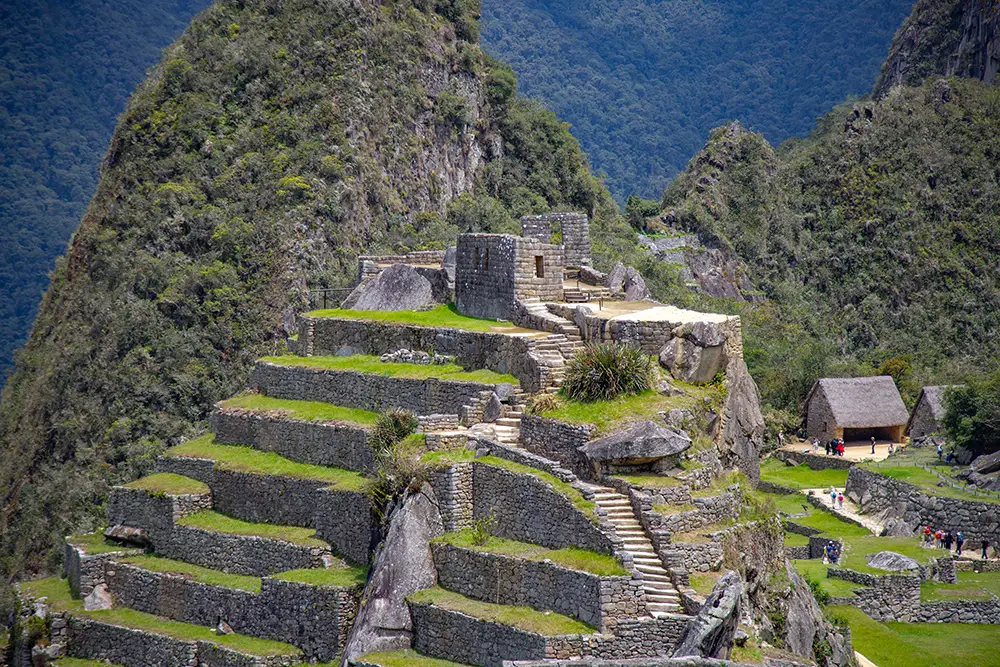
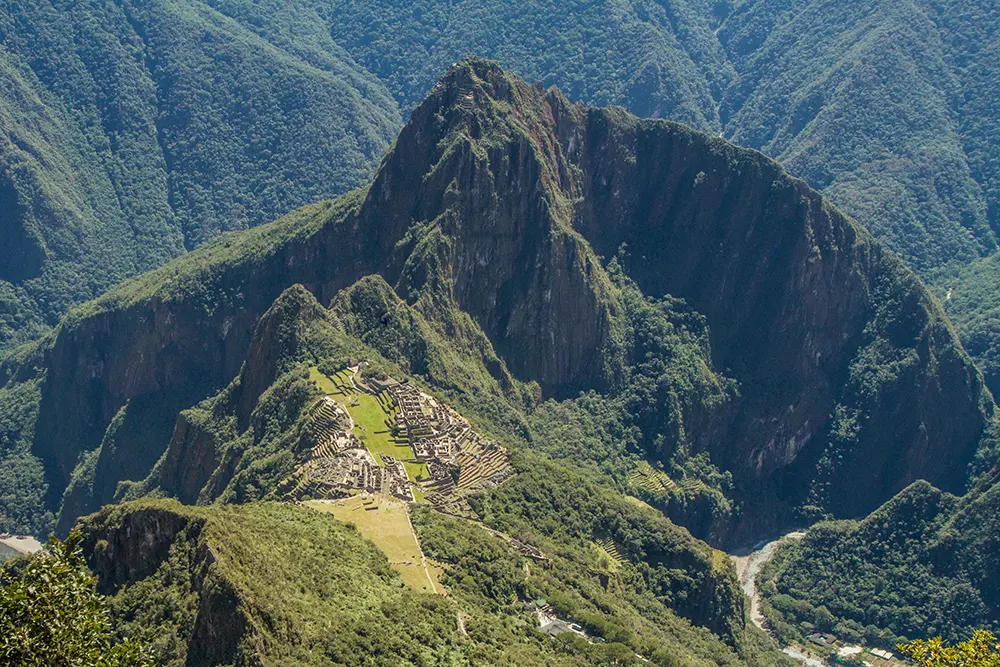
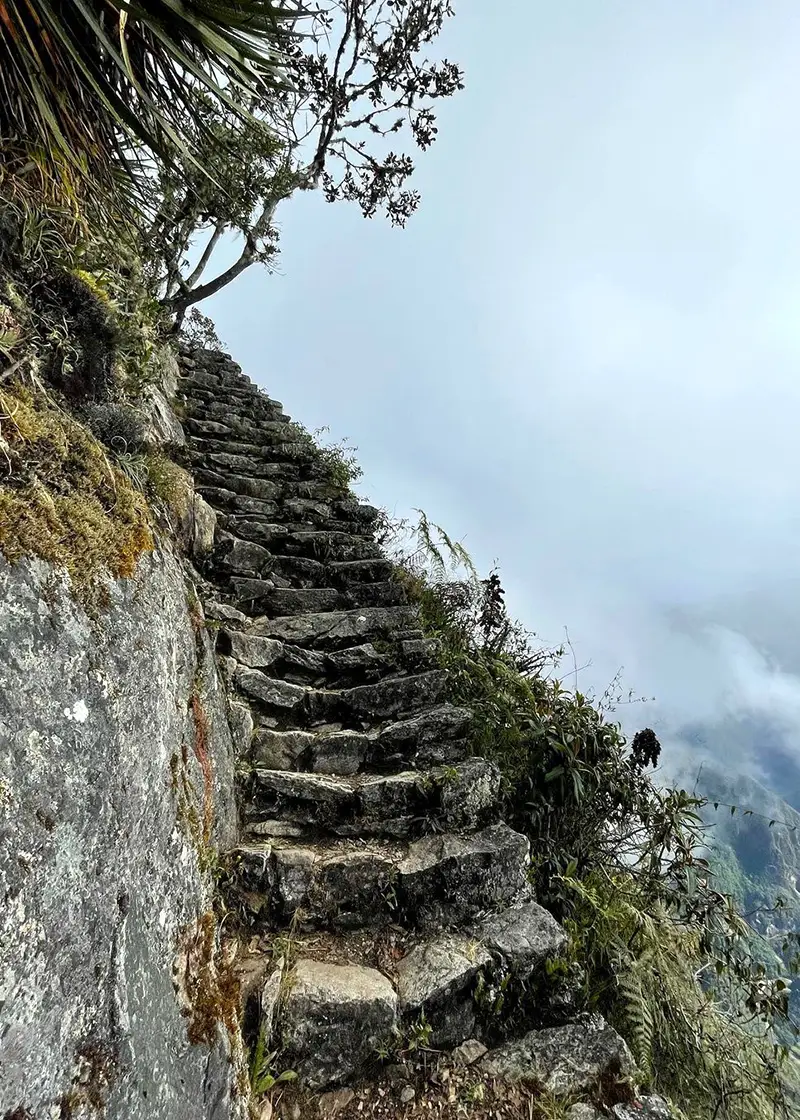
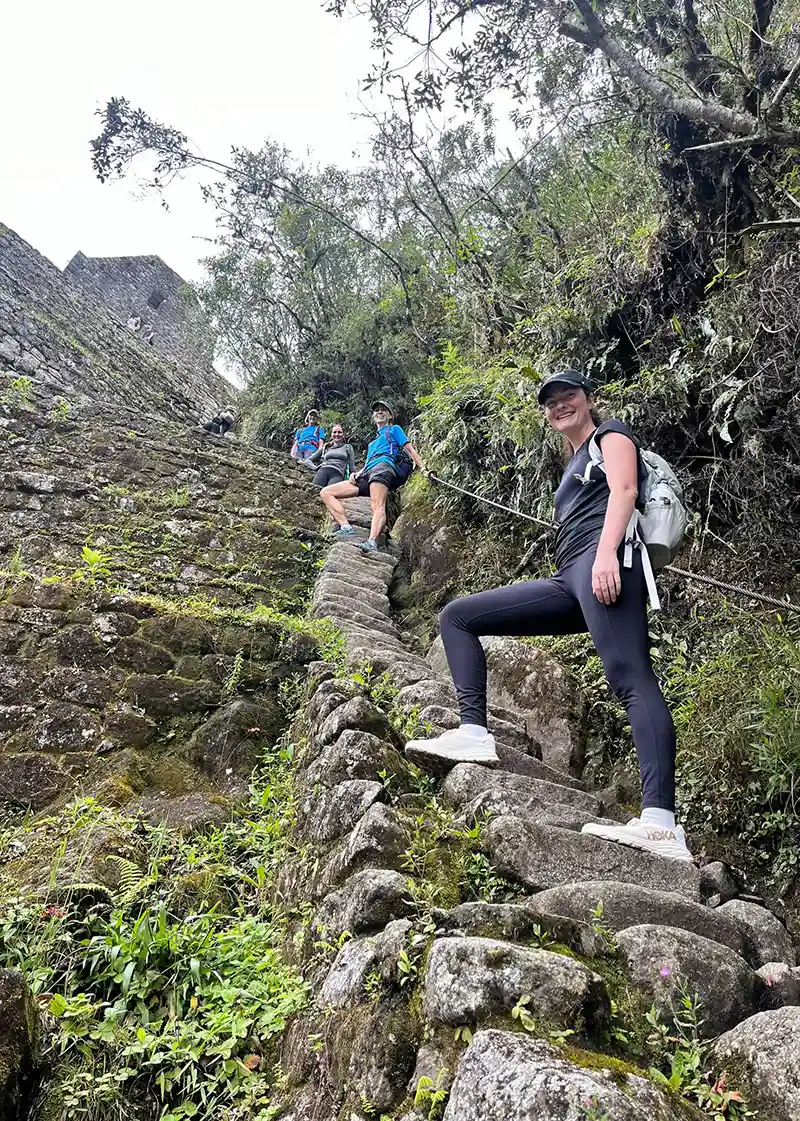
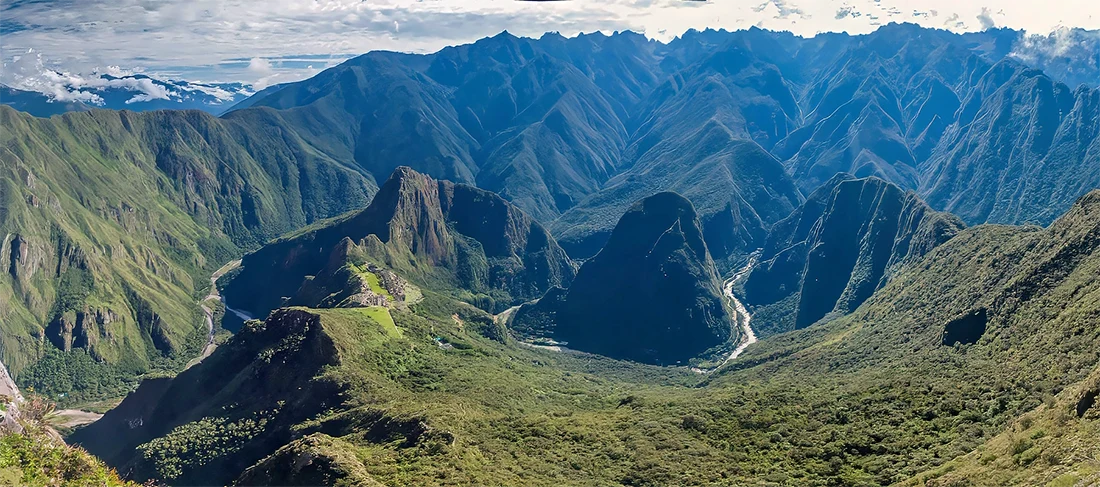
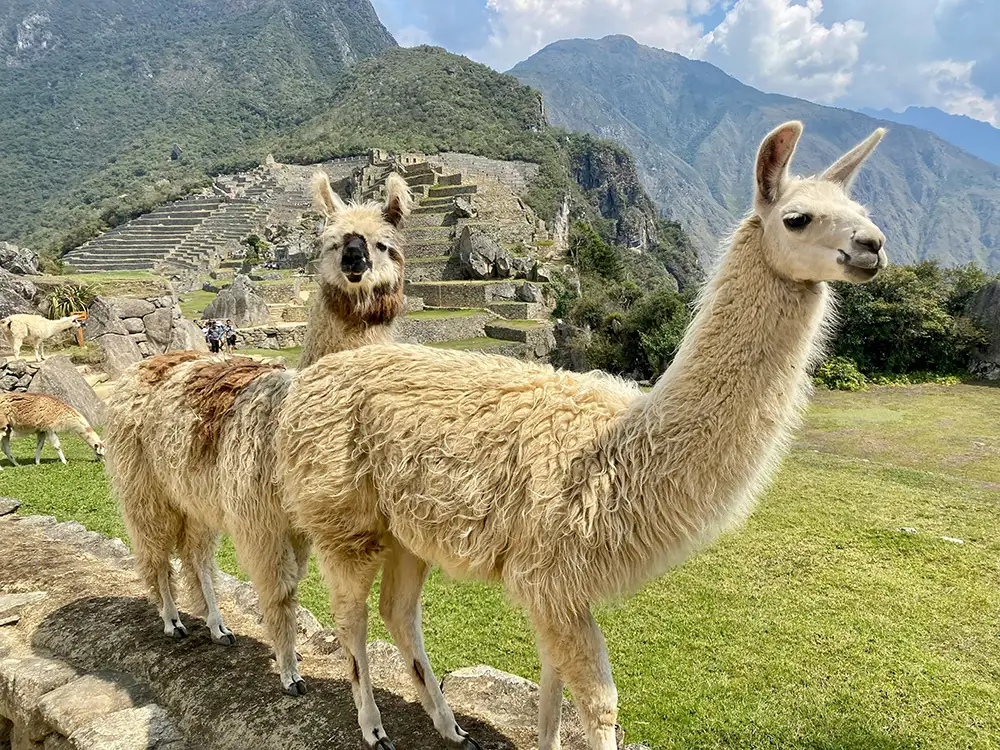
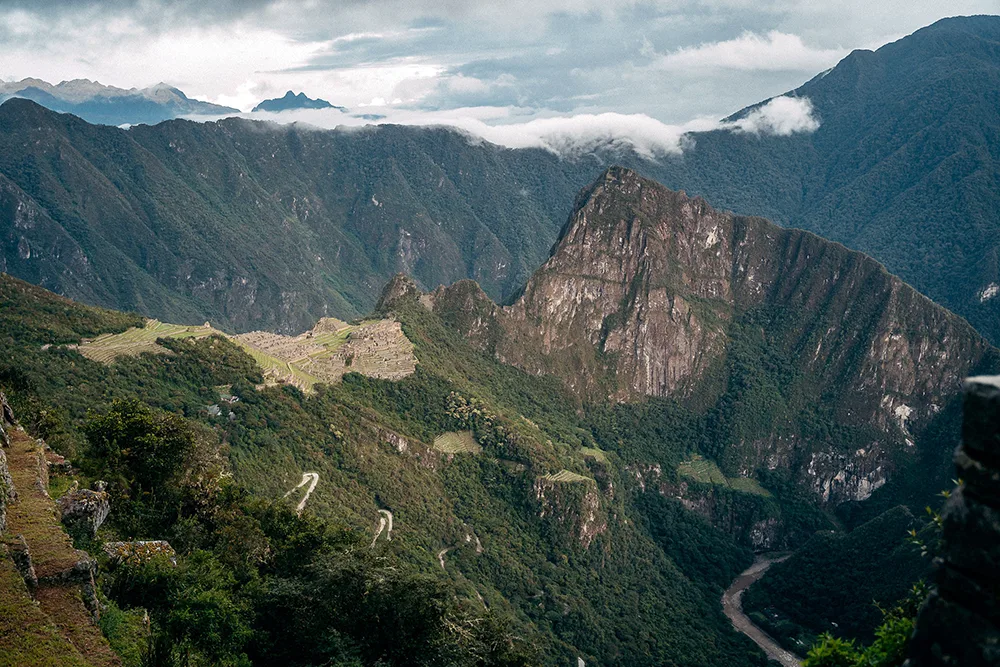
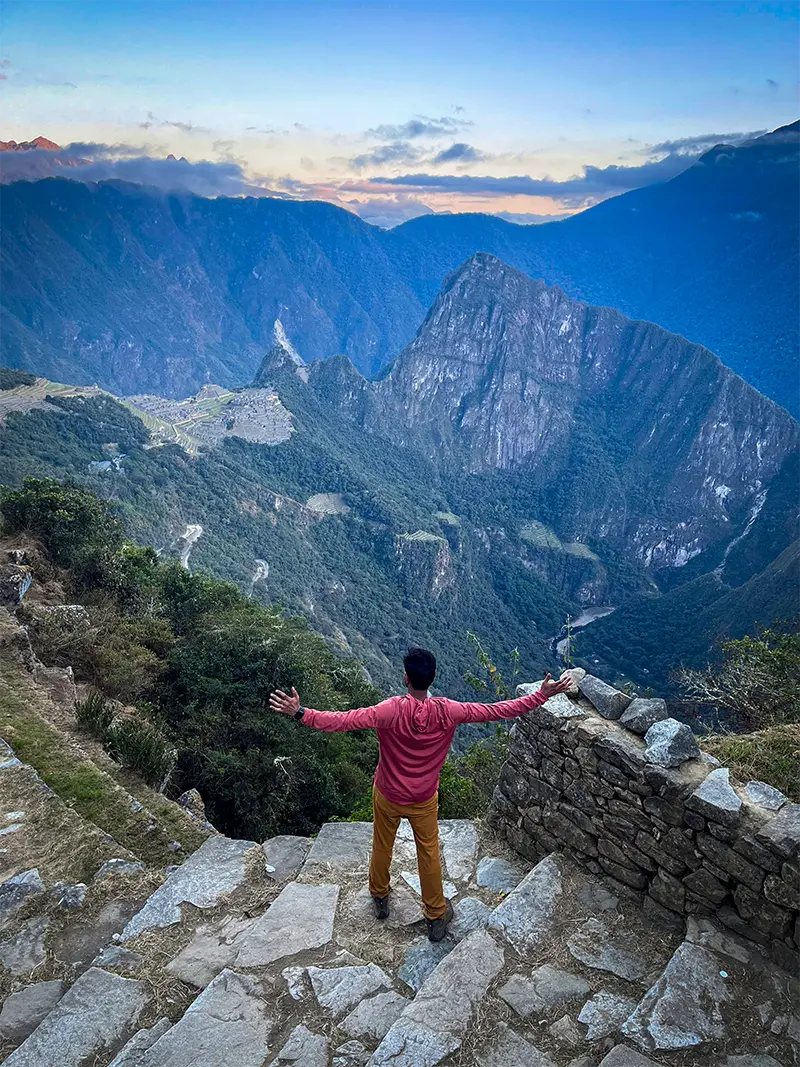
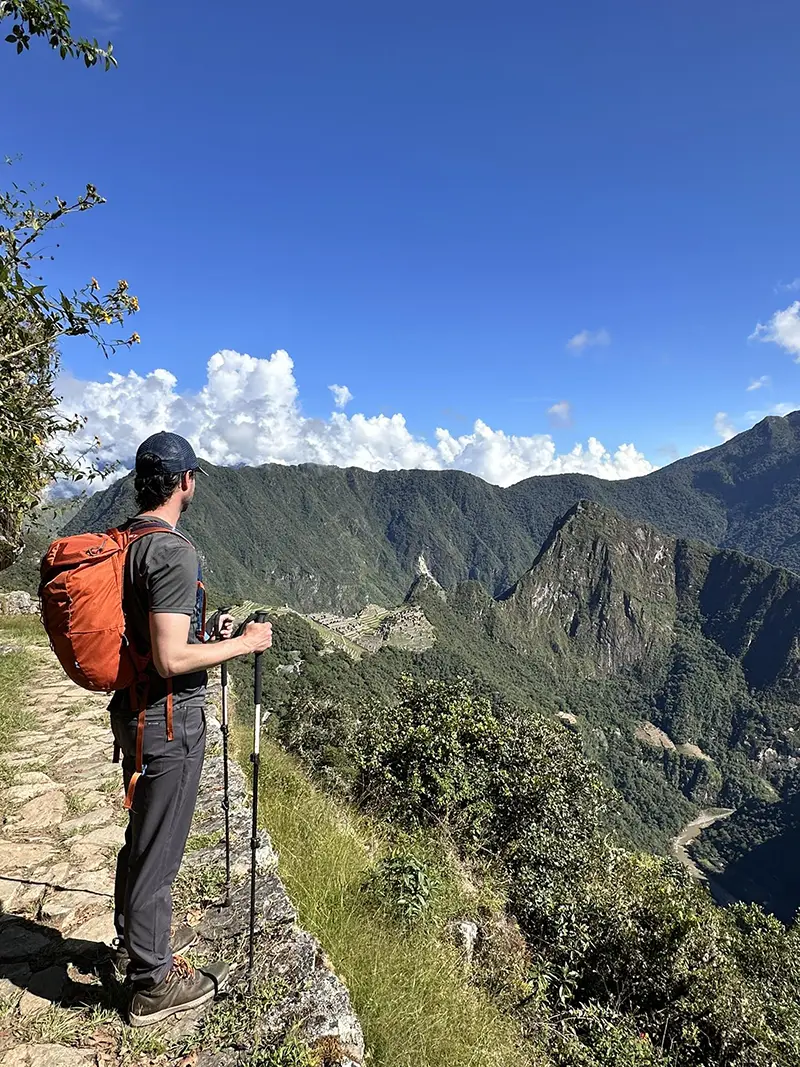
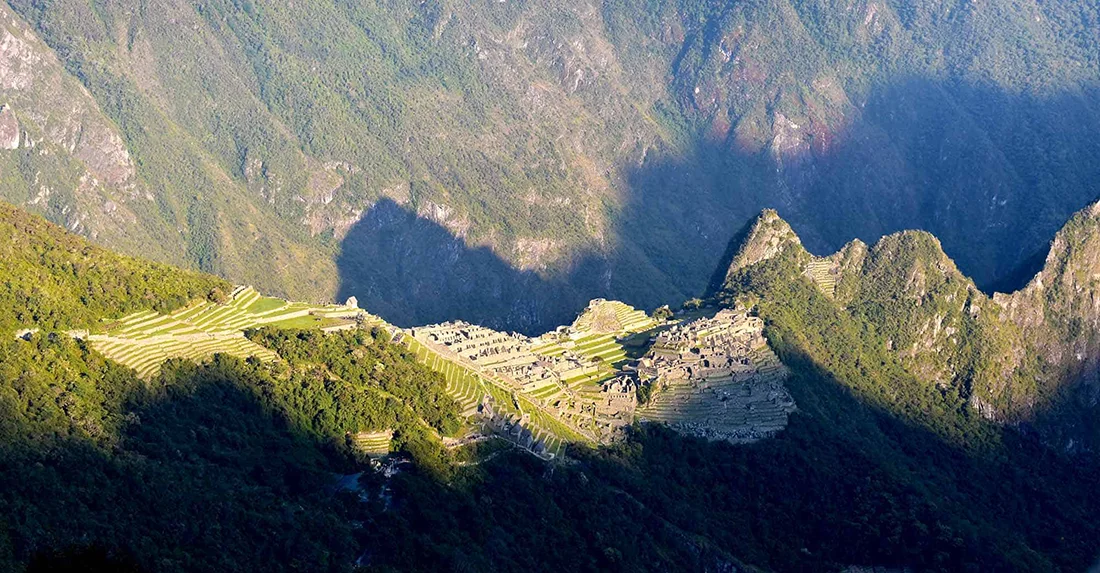
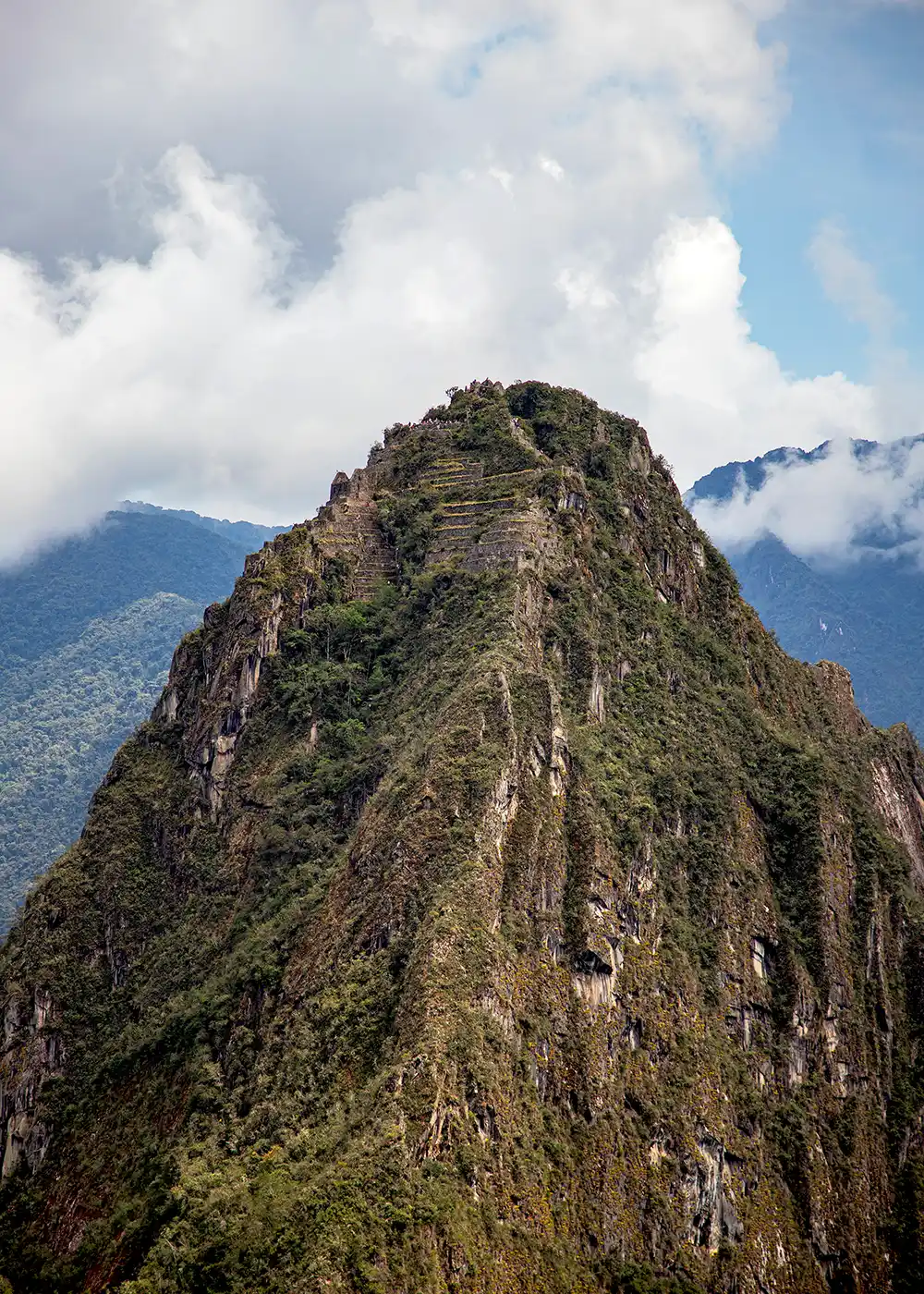
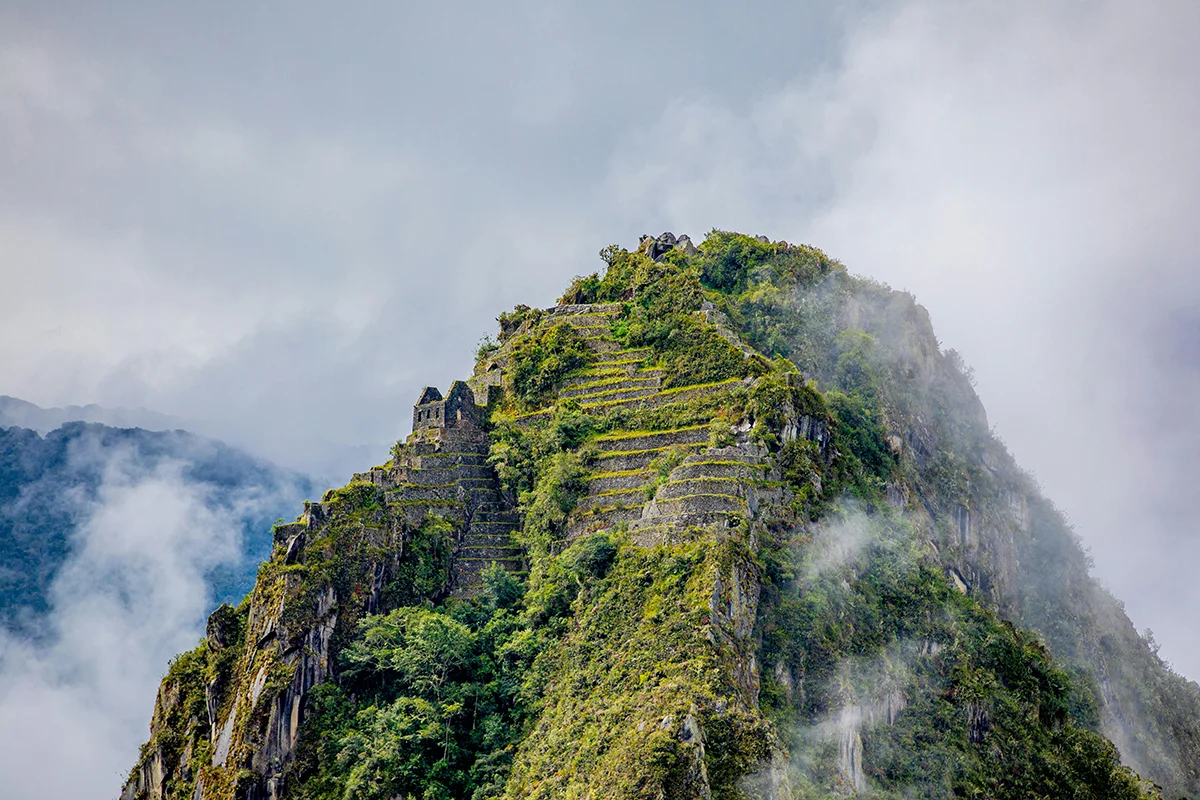
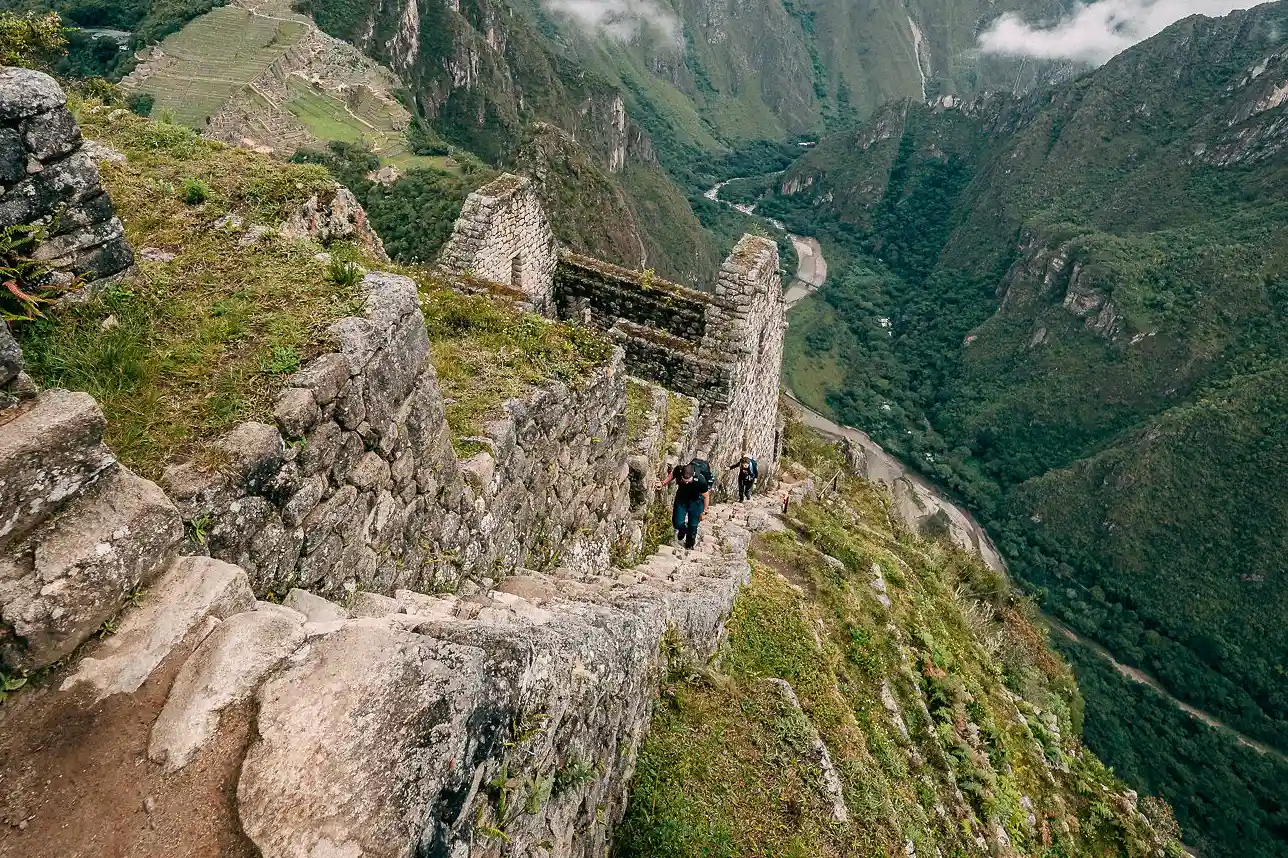
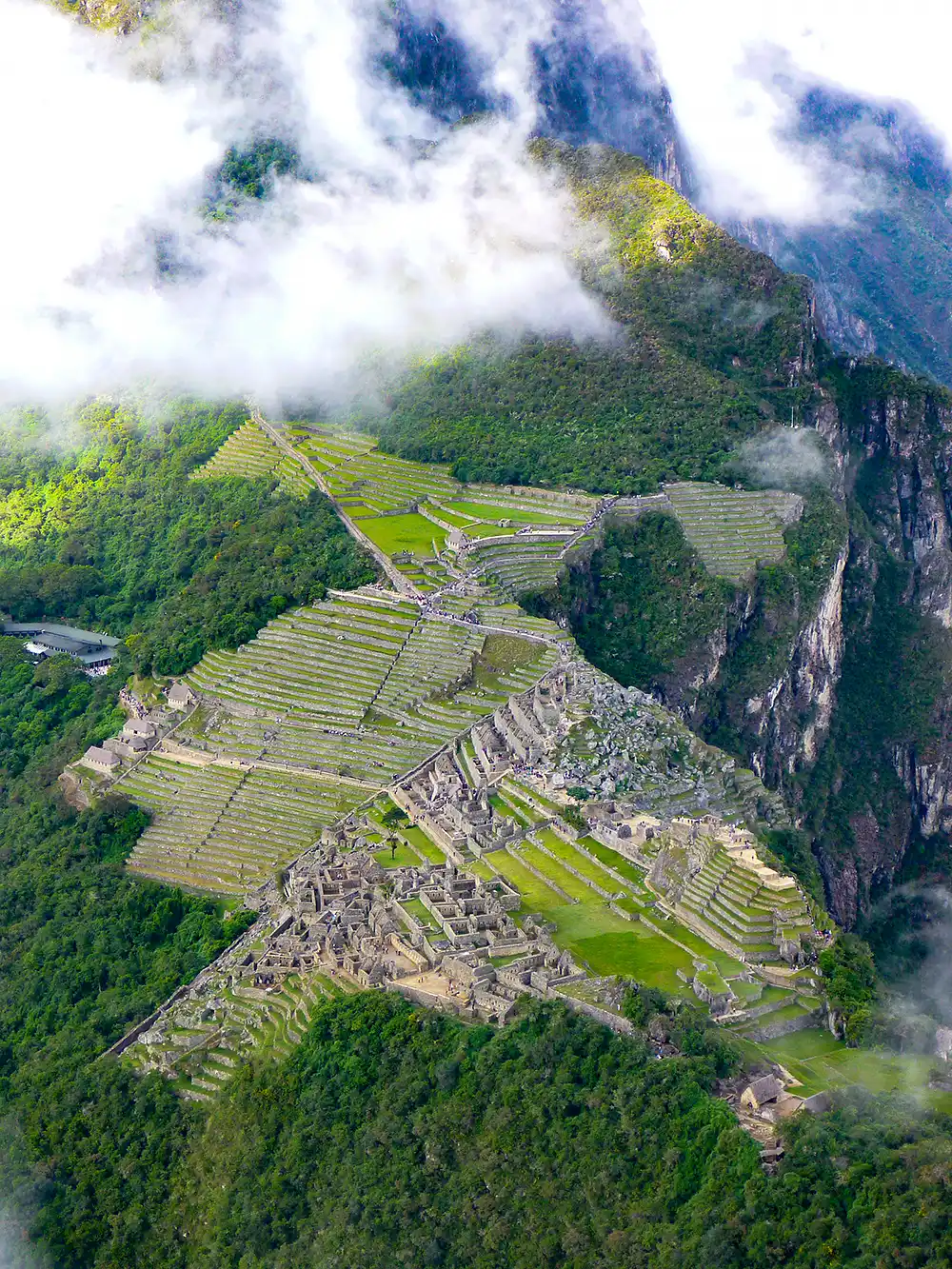
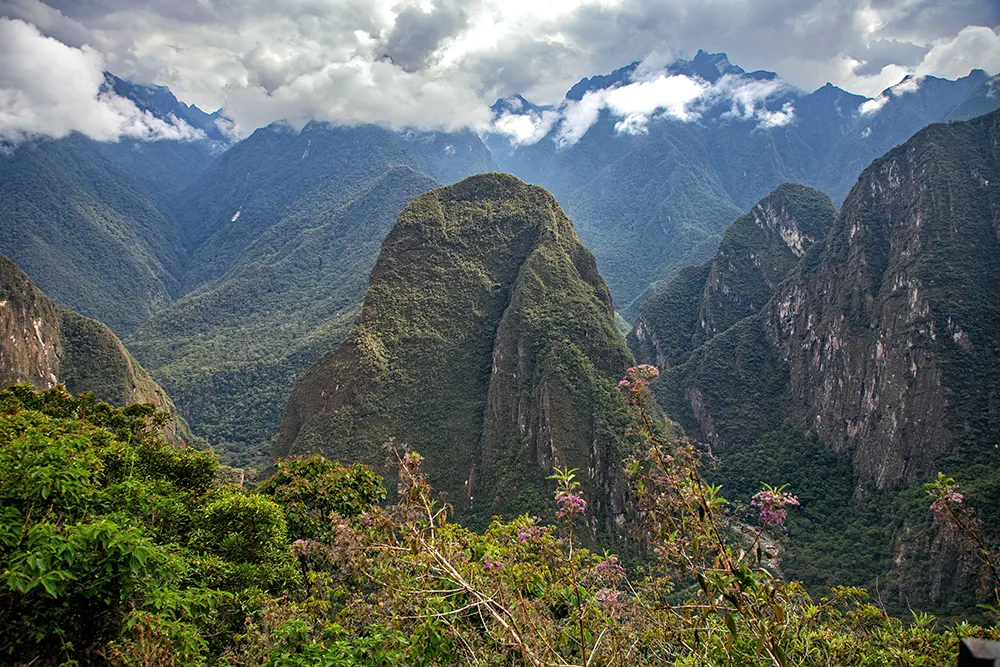
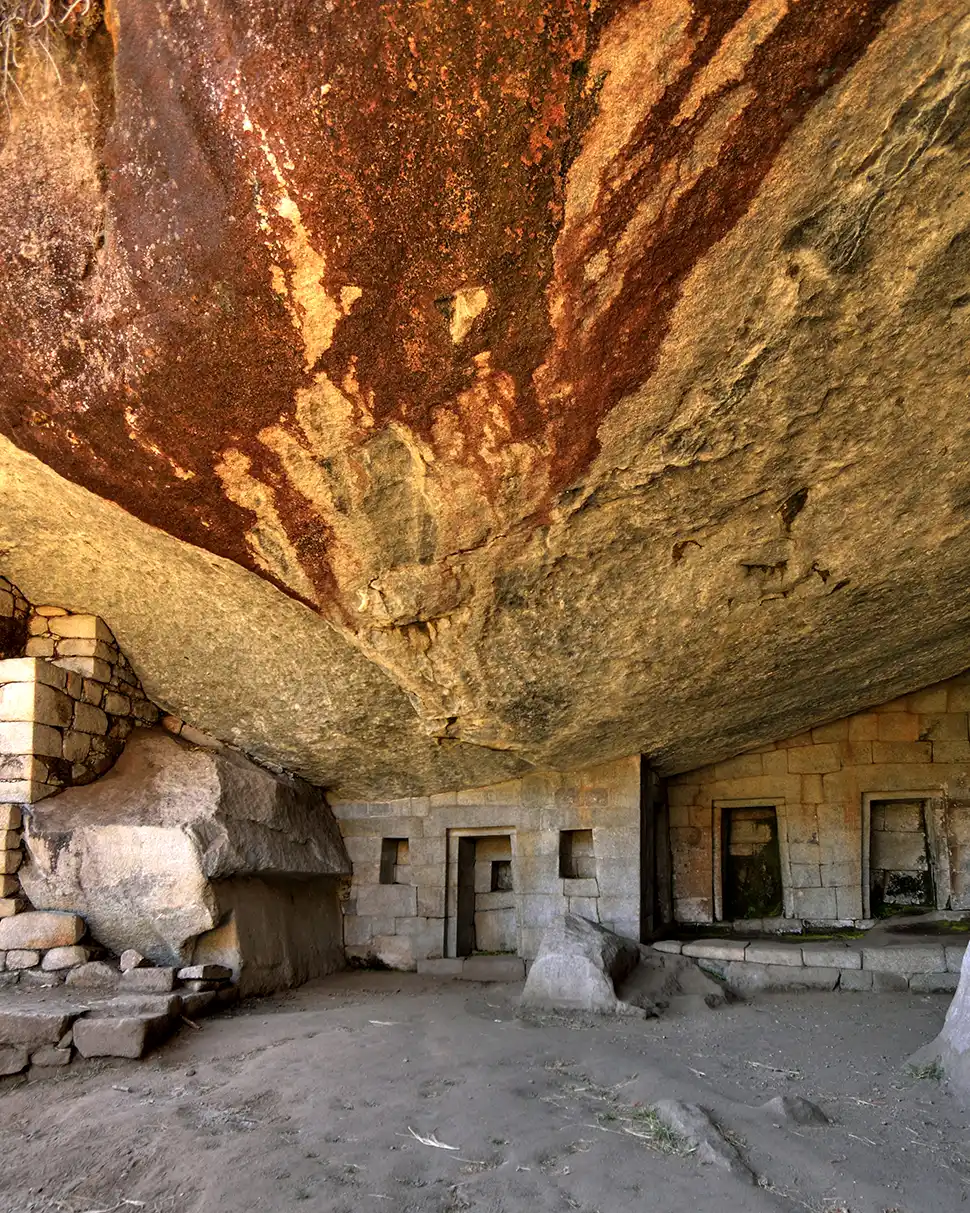

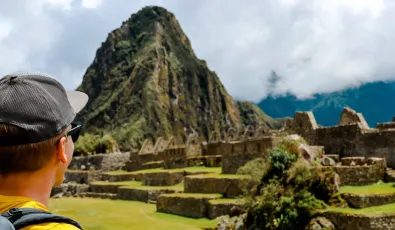
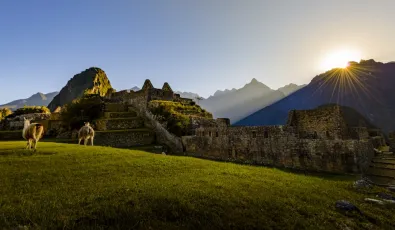
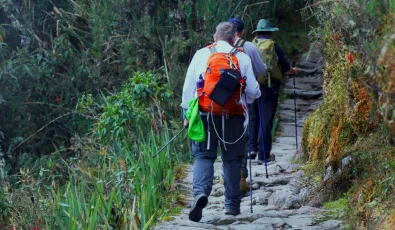
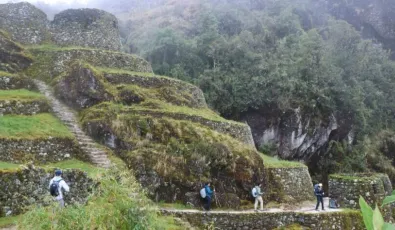
Add new comment